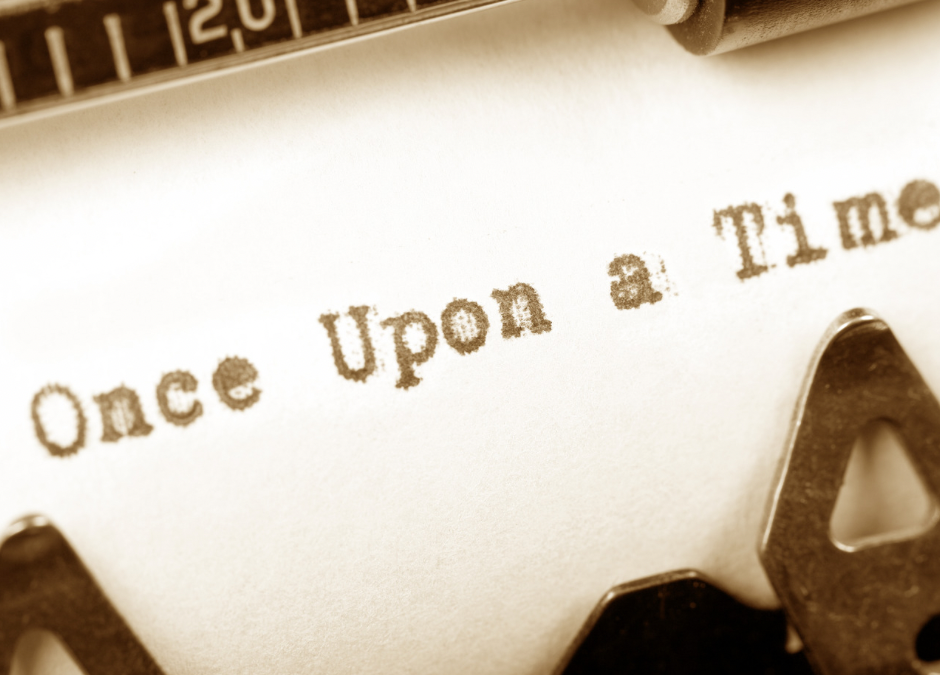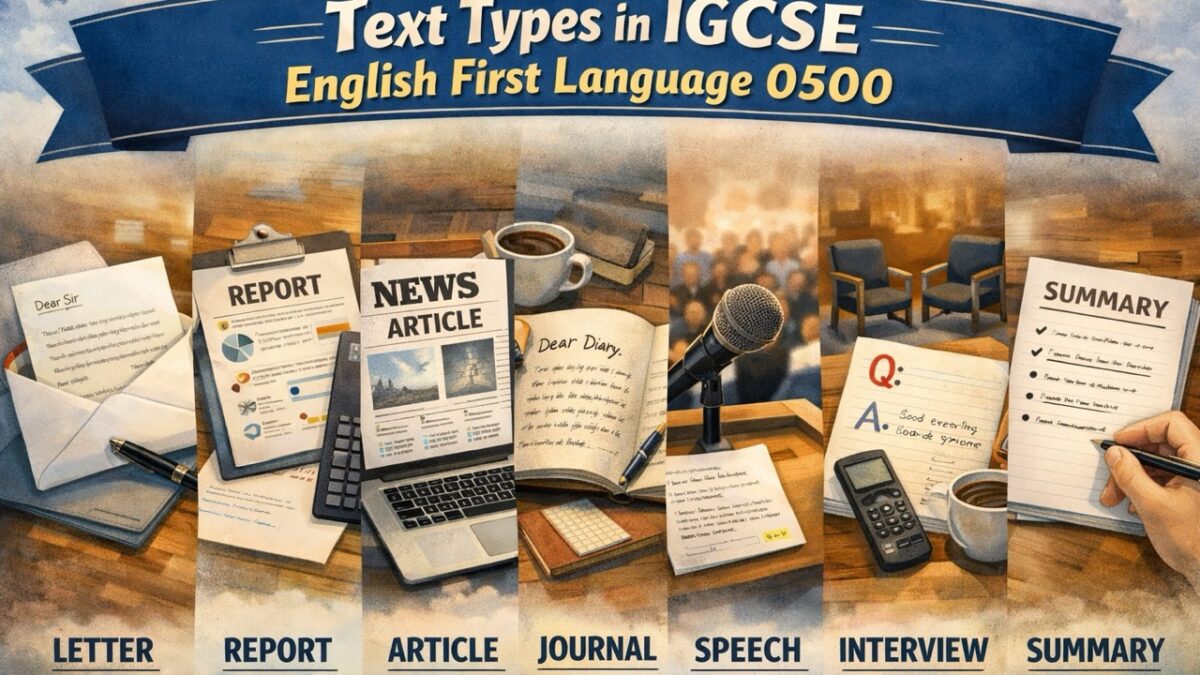A few days ago, I received a request from a friend of mine who is studying a Master’s in Education at a university in Korea. It was a pretty simple request on the surface:
Can you give me tips on my thesis?
I was honoured to receive this request because she is a very educated woman. I won’t go into details, but she fits the criteria of being highly educated, extremely high IQ, and on the surface it would seem that someone like that wouldn’t need any help.
But I had a look, and it turns out… She did.
The thing itself was long, but that was not the problem.
The problem was that it was filled with dense and technical vocabulary words like “qualitative acceleration methodology” and so many others just randomly thrown around as she moved together a little picture that seemed to take shape inside her head, but it made sense to nobody else.
As I read it, the confusion escalated, and I found myself asking:
If you’re writing about education, then why write with such dense vocabulary?
To which a simple response formed in my head:
We needed to simplify what she was saying.
Now, you might think that this was a problem unique to my friend, but it’s actually a lot more common than you might think. Highly educated and very qualified people. Start writing about things they know and are passionate about, but they miss the forest or the trees and peppering. What they write with a near infinite variety of complicated words. They imagine that their goal has come to light. Unfortunately, it often does not.
See, the point of a thesis is that it has to be understood by others, and more generally, the point of writing is so that it can be appreciated by the people who choose to read it.
In other words, good writing has to be accessible to people’s minds – how you choose to do that is up to you, but that needs to be true – you need to arrange your sentences to make sure that people understand everything that you say, they have all the knowledge they need at every moment to understand everything else that you say – you have to make your piece accessible to the person who is reading it.
Some teachers like to say that as writers we should err on the side of human stupidity – that we should make things so clear and spelled out that there is no chance of misinterpretation.
On hearing this advice, some of the readers out there then take this to mean that they should use grade school level words, stooping down, spelling everything out, literally treating the reader as someone who they regard as having a sub-par intellect.
But really, and again, that misses the point.
You see, in reality, the main point was always that whatever you wrote would be accessible to the person who was reading it – There’s no other deep or hidden point there. However you do it is up to you, which means that in reality, your language can be as simple or as complex as you want it to be, as long as you arrange it correctly.
Here are some examples, featuring a few descriptions of flowers. (Level 1 accessible with a Free Membership – Levels 2 and 3 accessible to Premium members)
Three Tulip Fields: A Study in Accessible Beauty
Level 1: Simple Language
To view this content, please sign up for a membership!
If you haven’t signed up yet, make sure to
Join Now!
Level 2: Moderate Language
The sunlight finds you before you notice it—a gradual warmth spreading across your skin, turning everything amber and honey-thick.
To view this content, please sign up for a membership!
If you haven’t signed up yet, make sure to
Join Now!
Note on the exercise:
Each version employs the same core techniques—in medias res opening, sensory immersion, movement, specific detail, the interplay of individual and collective—but demonstrates how language complexity affects texture and rhythm without necessarily affecting emotional impact or clarity of vision. The simplest version uses directness and immediacy. The moderate builds layers. The complex creates intellectual texture. All three, ideally, should make you feel the field.
As you can see, language complexity is actually only incidental to how high-quality a piece is. You could use the most simple language to create something beautiful, but that doesn’t mean that you can’t create something amazing with elaborate pieces either.
The simplest analogy I can make is that of LEGO.
In the hands of a master, the simplest LEGO blocks can assemble themselves to create elaborate structures, while in the hands of an amateur, the most intricate LEGO set will not assemble itself into a finished product. As a writer, your job is to take the metaphorical LEGO blocks in your hands and to arrange them into something recognisable and accessible for the reader.
The point for you, and I say this to myself as well, is not to treat others as stupid – it is to create something that others can appreciate, regardless of the complexity, to the audience and the people that you want to appreciate what you create.
It was this advice that I gave to my friend, it was upon this advice that I helped her, and it is to this advice that I confer a simple title:
The point of simplicity.
I hope you enjoyed this post! If you enjoyed it, feel free to leave a comment down below – if you disagree with it, feel free to do the same; in all cases, if you benefited from it, consider sharing it with a friend who needs to see this 🙂
Thank you for reading, and till the next ones!
Victor.



